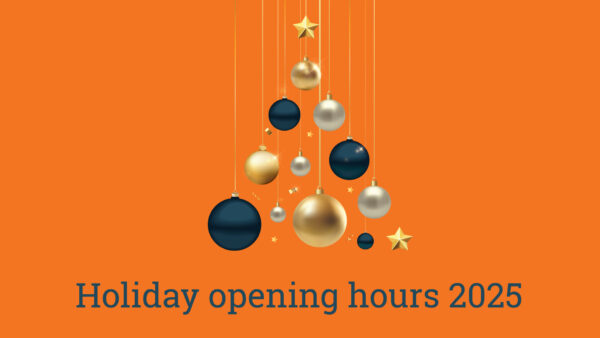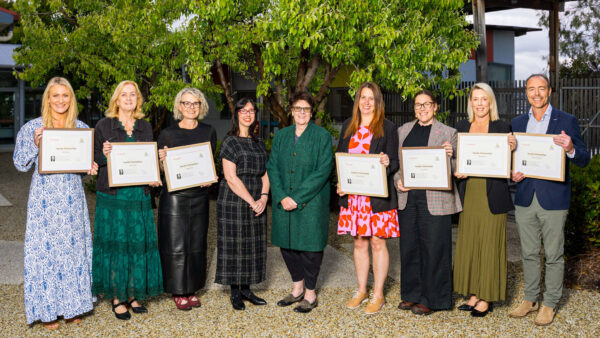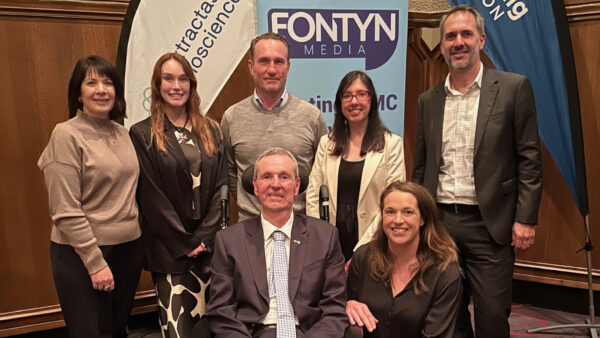The lasting legacy of Launceston’s soft drink visionary
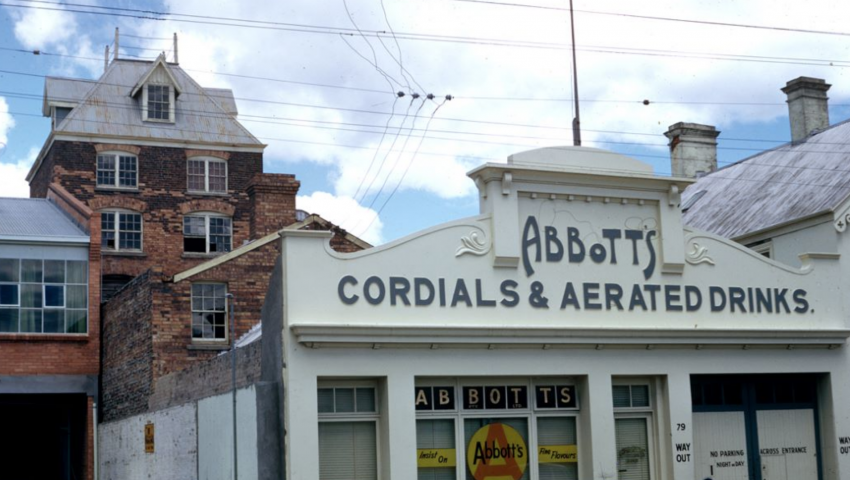
Henry Charles (Harry) Abbott was a soft drink visionary and philanthropist, who was recognised for his generosity with an MBE for philanthropy in 1964. With his passing in 1965, aged 89, the Henry Charles Abbott Trust was established. To date, well over $1 million has been distributed from the trust to local Launceston charities and community groups. Administered by TPT Wealth as the trustee, the Henry Charles Abbott Trust will continue to serve as a lasting legacy for Mr Abbott, providing much needed financial support to community groups in perpetuity.
Harry Abbott: Launceston's soft drink king
HENRY Charles (Harry) Abbott was a successful Launceston businessman and generous supporter of his community.
Born in Victoria in 1876, Harry Abbott was three years old when his family moved to Launceston in 1879 when his father William Abbott had been appointed manager of the Cornwall Brewery.
In 1887 his mother Mary Abbott bought a cordial factory at 79 Paterson Street, next to The Examiner offices, and in 1891 his father William established his own brewery at the back of the site.
Their businesses were called the Phoenix Brewery and the Phoenix Aerated Water and Cordial Factory.
Harry Abbott's entry in the Launceston Family Album notes that they won numerous awards for their beverages at the Tasmanian Exhibition of 1891-92 in the Albert Hall.
Educated in Launceston, Harry Abbott joined the family company and by the age of 19 was in charge of production at his mother's cordial factory. He later became manager.
By the 1920s the brewery had closed but Abbott's aerated cordials were being made in Launceston and Hobart and were among the most popular soft drinks in Tasmania.
Following the death of his father in 1922 Harry Abbott became chairman of Abbott's Pty Ltd. He was a strong voice for the soft drink industry and a generous supporter of the Launceston community.
In 1964 he was awarded an MBE for his philanthropy and died in November 1965, aged 89
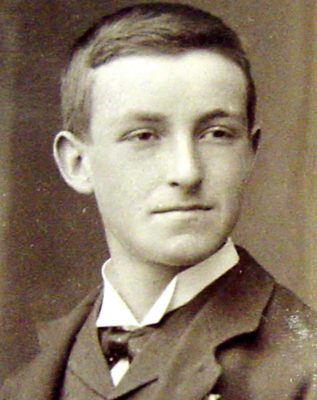
Among his many recipients were the scout and guide organisations in Launceston, and his donations made it possible for the acquisition of properties at St George's Square and Park Street.
His generosity was recognised in the naming of the Harry Abbott Scout Centre, a building that had been built by Launceston private boys' school Scotch College as a preparatory school in 1936-37.
In 1935 the board of the college, which moved to its current site in Penquite Road in 1917, decided it needed a preparatory school closer to the centre of Launceston.
By the end of the year a suitable property was found at 3 St George's Square that had a house and enough land bordering on Arthur Street to build a small school.
Former Scotch College student Edgar Coles, of the retailing company, donated £300 to get the project off the ground.
Launceston architect Roy Smith, of East and Smith, one of Tasmania's leading architects, prepared the plans for the new school that comprised two classrooms, associated facilities and an attractive entrance.
The Scotch College Preparatory School was officially opened in February 1937 and operated until 1960 when pupils were transferred to a new kindergarten across Penquite Road from the main Scotch College campus.
The St George's Square school was subsequently bought by the scout movement for use as a scout hall, and is now one of three Scouts Tasmania properties being sold to fund its participation in the national redress scheme for child abuse victims.
“Henry Abbott. The Soft Drink King” was written by Julian Burgess for the Launceston Historical Society and published in the Sunday Examiner on 26 April 2020. The article and images are re-published on tptwealth.com.au with permission from Julian Burgess.
Top image: the Abbott's cordial factory in Paterson Street in the 1970s, image courtesy QVMAG. Bottom image: A young Harry Abbott, image courtesy of the Launceston Family Album.

